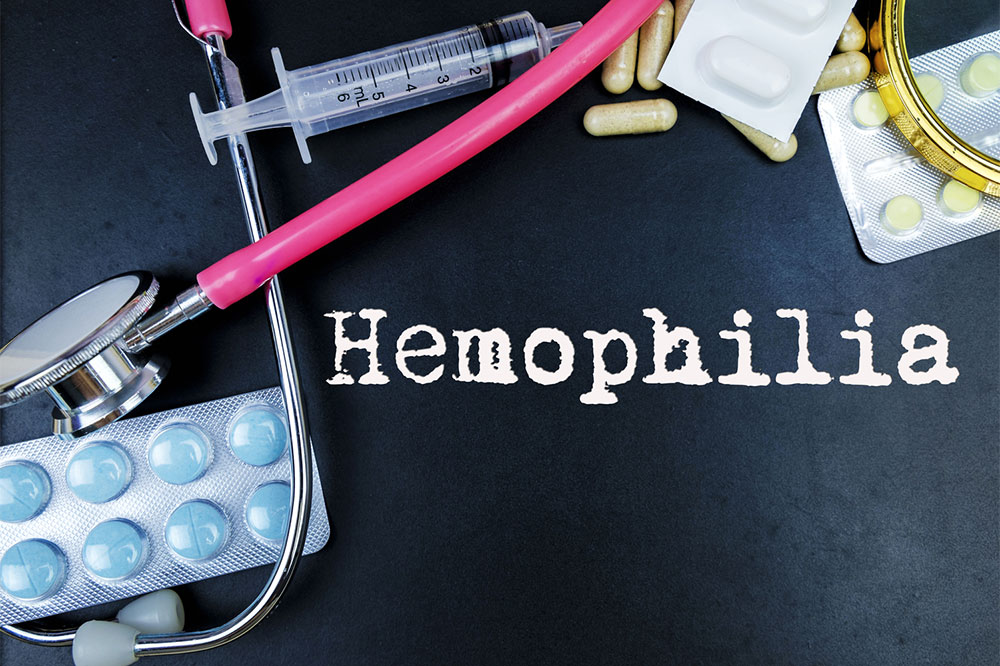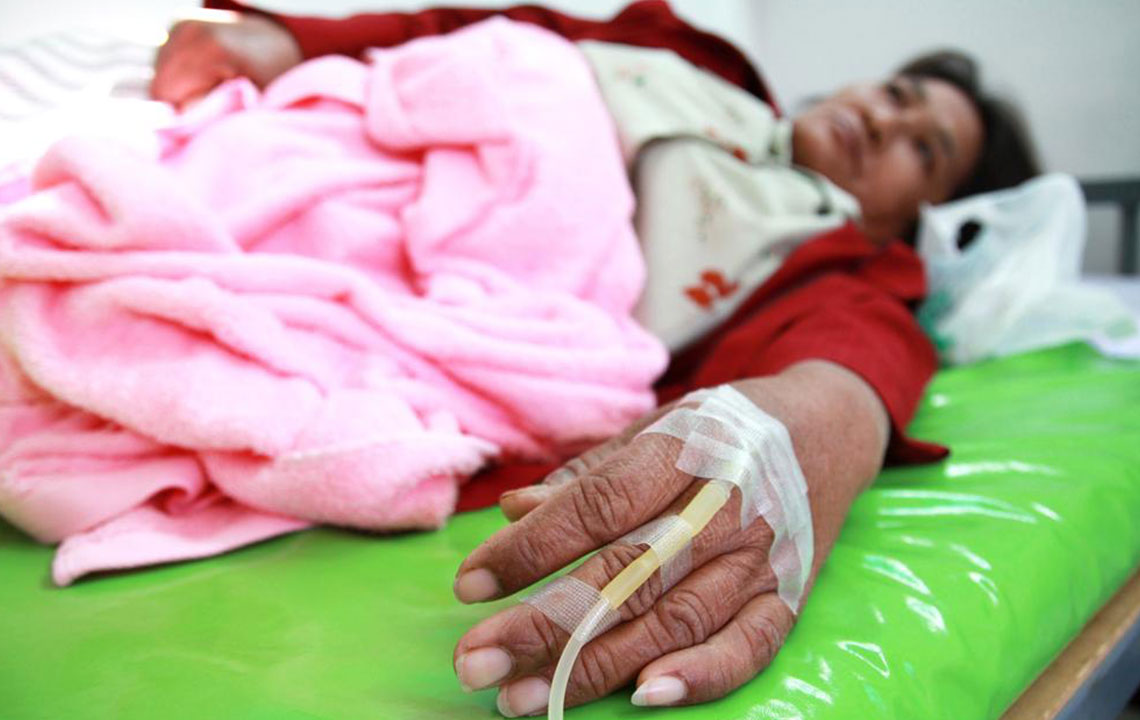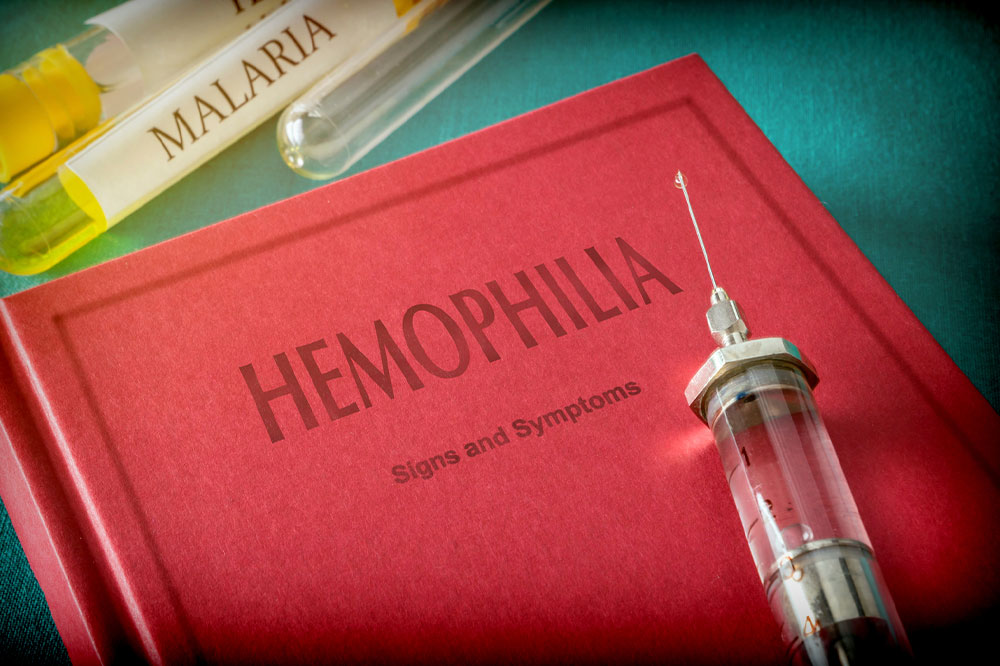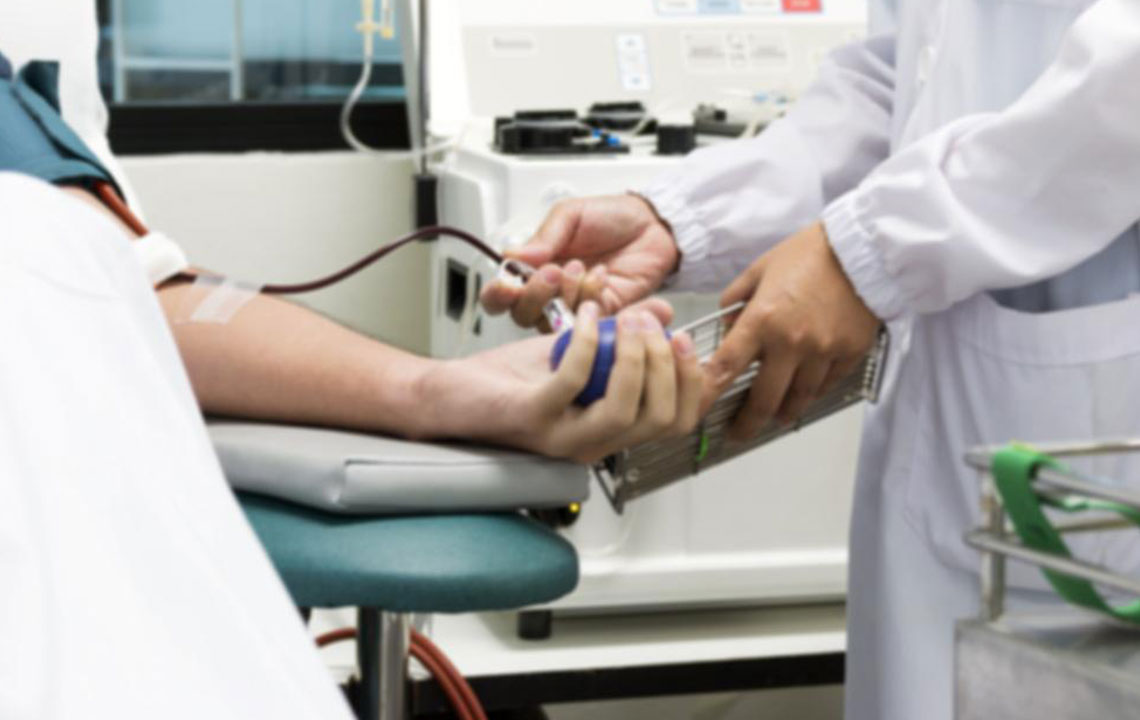Comprehensive Guide to Managing Hemophilia for Better Quality of Life
This comprehensive article provides in-depth strategies for managing hemophilia effectively. It emphasizes regular medical checkups, safe physical activities, injury prevention, dental hygiene, and careful medication management. The guide aims to improve patients' quality of life, prevent complications, and enable an active lifestyle through practical, detailed advice. It also highlights upcoming advances in treatment, empowering individuals with hemophilia to take control of their health with confidence and knowledge.

Comprehensive Guide to Managing Hemophilia for Better Quality of Life
Hemophilia is a rare genetic bleeding disorder characterized by the deficiency of specific clotting factors in the blood, which impairs the body's natural ability to stop bleeding. This condition can significantly impact daily life, leading to frequent bleeding episodes, joint damage, and other health complications if not properly managed. Effective management of hemophilia involves a comprehensive approach that combines medical treatment, lifestyle adjustments, and preventive measures to enhance the patient's quality of life and prevent severe health issues.
Understanding the importance of proactive care and lifestyle modifications is crucial for patients, their families, and caregivers. Proper education, regular medical checkups, and safety precautions can reduce the risk of bleeding episodes and long-term complications. Below, we explore detailed strategies to help manage hemophilia effectively, emphasizing practical steps that support health and well-being.
Maintain Regular and Specialized Medical Follow-ups
Consistent medical monitoring is the cornerstone of hemophilia management. Patients should have routine visits with hematologists or healthcare providers specialized in bleeding disorders. These appointments help assess clotting factor levels, adjust treatment plans, and monitor for potential complications such as joint damage or inhibitor development. Preventive care also includes receiving all recommended vaccinations, particularly hepatitis B and other blood-borne disease protections, since blood product treatments may carry infection risks. Early detection and treatment of emerging issues can prevent hospitalizations and improve long-term outcomes.
Engage in Safe Physical Activities
Keeping active is beneficial for overall health, joint strength, and mental well-being. However, it is essential for individuals with hemophilia to choose appropriate, low-impact exercises such as walking, swimming, gentle stretching, or indoor cycling. These activities help maintain a healthy weight, improve cardiovascular health, and support joint flexibility—vital for preventing joint bleeding and arthropathy. Engaging in supervised physical therapy or consulting a physiotherapist familiar with hemophilia can help develop personalized exercise routines that minimize injury risks while promoting mobility and strength.
Implementing Child Safety and Injury Prevention Measures
For children with hemophilia, ensuring a safe environment at home and school is essential. Childproofing involves padding sharp furniture edges, securing windows, and installing safety gates. Clothing that includes protective gear, such as helmets, knee pads, elbow guards, and wrist guards, can significantly reduce injury risks during play or accidental falls. Educating children about safety and encouraging cautious behavior without limiting their activities helps them develop self-awareness and independence while minimizing injury potential.
Prioritize Dental Hygiene and Oral Care
Good dental hygiene is critical for individuals with hemophilia, as minor gum or tooth bleeding can quickly become problematic. Regular brushing, flossing, and dental checkups should be part of the routine. Dental procedures should be planned carefully in consultation with the healthcare team, and additional clotting factor support may be necessary before and after visits to reduce bleeding risks. Teaching children and adults to recognize early signs of oral issues and seek prompt dental care can help prevent infections and other complications associated with poor oral health.
Careful Medication Management and Awareness
Patients should always consult their healthcare provider before taking any medication. Blood-thinning drugs like aspirin, ibuprofen, and naproxen can exacerbate bleeding tendencies and should be avoided unless explicitly approved by a physician. Instead, safer options like acetaminophen are recommended for pain relief. Additionally, patients need to communicate any new medications or herbal supplements to their healthcare team to prevent adverse interactions that could increase bleeding risk. Education about medication safety empowers patients to make informed choices and effectively manage their condition.
Beyond these key practices, patients should also consider genetic counseling, participate in support groups, and stay informed about emerging treatments and therapies. Advances in gene therapy and new clotting factor products are transforming hemophilia care, offering hope for longer-term remission and improved health outcomes. Empowerment through education and proactive management strategies is essential for living healthily with hemophilia.
By integrating these comprehensive approaches into daily routines, individuals with hemophilia can lead active, fulfilling lives while minimizing health risks. Collaboration with a dedicated healthcare team, ongoing education, and adherence to safety precautions form the foundation of effective hemophilia management.





